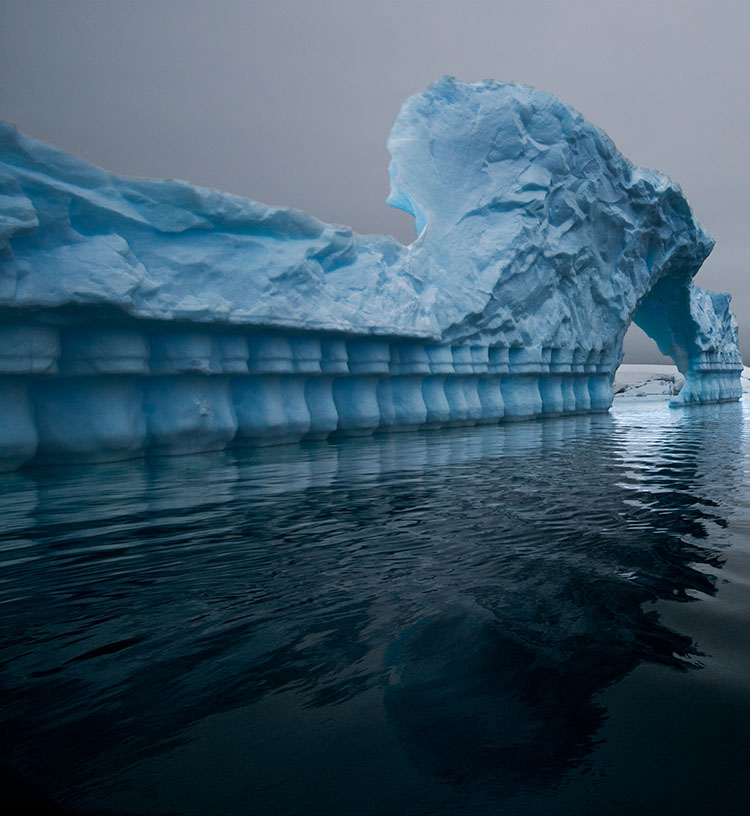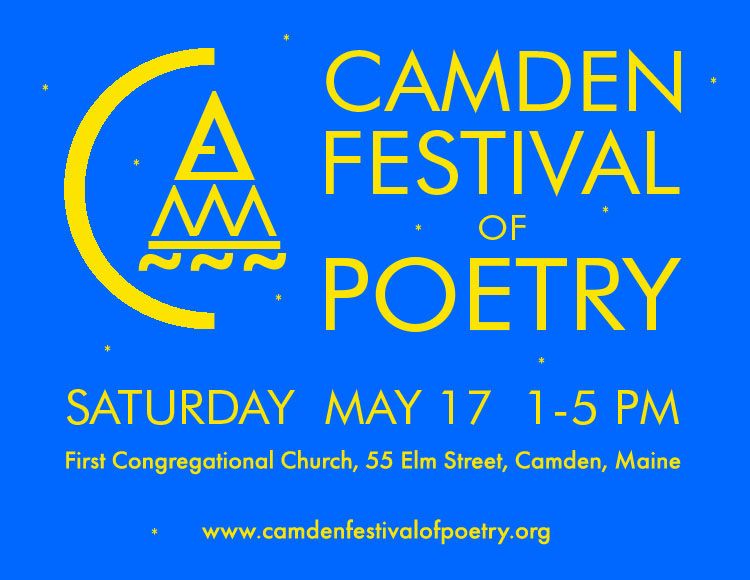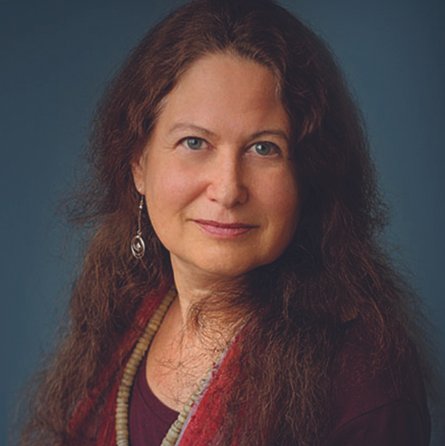Ekphrastic Writing – When Words Make Art Speak
.
Ekphrasis. If it sounds like Greek to you, you’re right. It means description. Capable of taking any form, ekphrastic writing is a genre that interprets works of art, expanding the experiences they offer and possibly even their meanings. This fast-growing practice is overflowing into other art forms as one piece of art inspires others.
Unlike essays that try to explain, maintain objectivity, build consensus, borrow authority by citing sources, reveal the essential point, and even become comprehensive, ekphrastic writing frees writers, readers, and viewers from the burdens of making arguments for or against something. Rather than reducing, it expands. It posits no single right answer by offering many possibilities. It creates space for and even invites each individual into their own subjective and emotional, sometimes irrational and contradictory experiences. Long after it was made, the lived experience of art continues living new lives. Ekphrasis’ aim is not resolution but superabundance.
I’ve experienced the transformative power of ekphrasis as viewer, writer, and artist, sometimes simultaneously. During one of my recent photography exhibits, I placed my ekphrastic poem on the wall.
Looking At My Landscape
Looking at my landscape,
Undulating mounds under sky’s breath,
behind glass, I catch a glimpse of
myself reflected; on it, in it, one with it.
I shift back and forth and near and far,
eyes searching. The land stays the same, or rather,
the image of it does not change while I do.
I make contact eye to eye
while looking for the eye of the land.
I see myself seeing.
first published in the exhibit and catalog Landscapes Within Landscapes, republished in Deep Water
Offering viewers another perspective by calling attention to reflections on glass, the poem encouraged people to play. I enjoyed watching others reposition their reflections, with and without me; faces, hearts, and hands danced over oceans, mountains, and clouds. Viewers moved from passive witnesses to active participants.
The average person looks at a work of art for 10-30 seconds. Ekphrasis dovetails in wonderful ways with the slow-looking movement in today’s museums and galleries, encouraging visitors to spend time and deepen their personal connections with art. There’s no better way to do this than ekphrastic writing. Consider it a mindfulness practice.
Where would I recommend you begin? Try these three things.
1. Ask questions.
Ask as many as you can. After this, answering them is optional. Remember the five w’s – who, what, where, when, why. Don’t forget if … Turn one question into many by rephrasing it.
2. Explore the balance between content, form, and feeling.
Limit yourself to making statements about a single area, in three separate sessions. In a fourth, remix them, combining elements that compare or contrast meaningfully.
3. Start conversations.
Consider all elements of your art experience – artist, medium, subject, context, etc. What would you say to them? What would they say to you? What would they say to each
other?
It’s useful to ask how ekphrastic is it? Some responses are purely descriptive (a sound camera for the mind’s eye), while others are so purely personal that no reference to the art remains, and it becomes something else. Generally, the most successful ekphrastic writing occurs between these poles … but where exactly must be discovered by both writer and reader. You’ll discover even more when you share ekphrasis with others. Did I mention how much fun it is?






